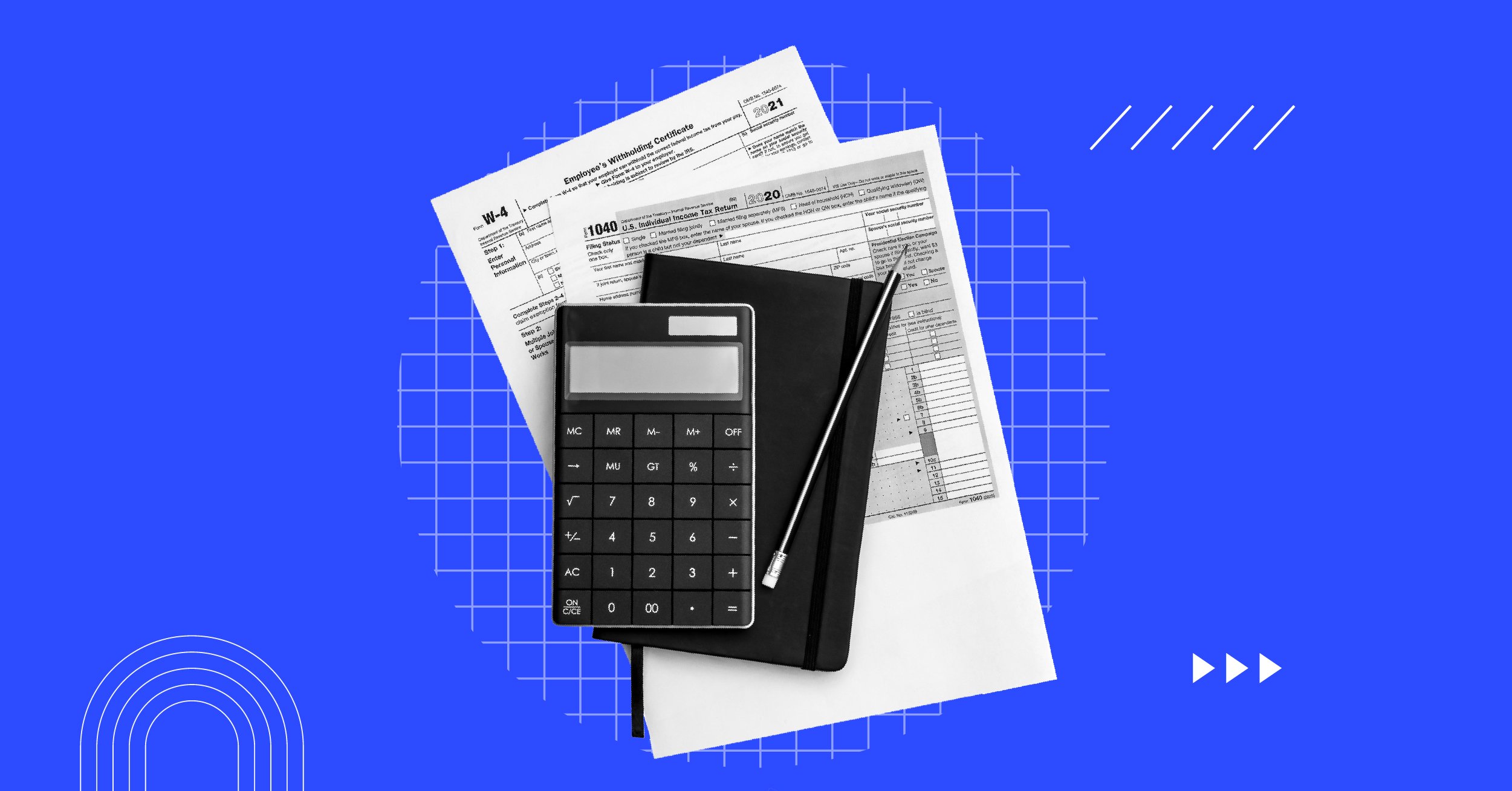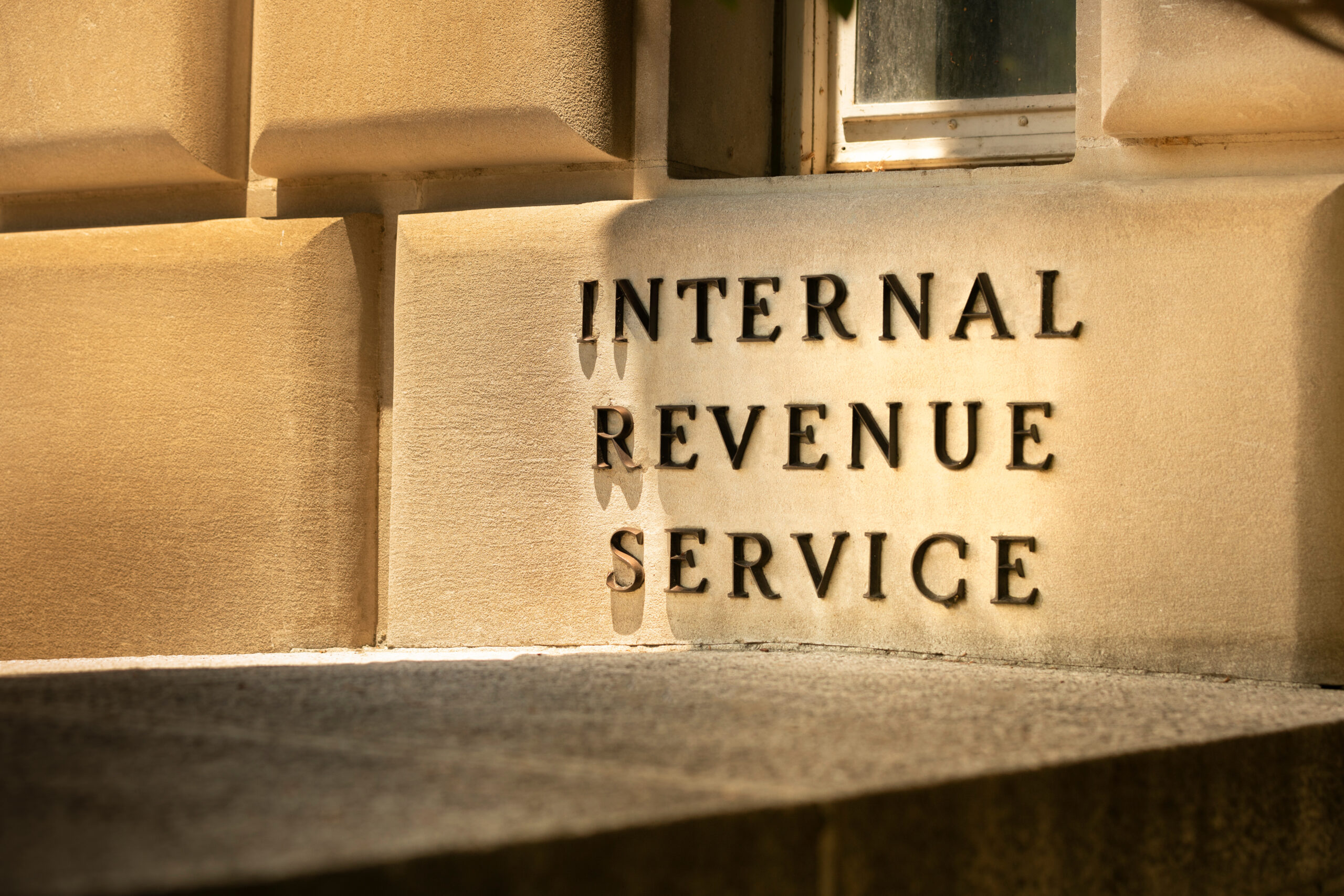If you’ve been curious about how to invest in tax liens or tax sales but aren’t sure how to protect your assets, reduce your tax liability, and structure your business, you’re in the right place.
Many new investors start buying property tax liens or tax deeds without understanding the risks of holding title, how the redemption period works, or why a Wyoming LLC can be your best legal shield.
Worse, they don’t consider what happens when a lien on a property turns into full ownership—or a lawsuit.
First, let’s explain what a tax lien is:
What is a Tax Lien?A tax lien is a legal claim the government places on a property when the owner has taxes owed. It requires the debt to be paid before the property can be sold. Investors can buy these liens at tax lien sales for potential interest income or eventual ownership.
When you buy a tax lien, you’re purchasing a certificate that represents unpaid property taxes.
Here’s how it works:
You buy the tax lien certificate at a county tax sale.
You wait out the redemption period.
If the owner redeems, you collect your principal plus interest.
If not, you have the right to foreclose and take ownership of the property.
What is a Tax Deed?With a tax deed, you’re buying the property itself at a tax sale because the owner failed to pay property taxes.
That means:
You own the property immediately.
You’re on the hook for liability risks from day one.
You must do thorough due diligence before bidding to avoid costly mistakes.
Request a free consultation with an Anderson Advisor
At Anderson Business Advisors, we’ve helped thousands of real estate investors avoid costly mistakes and navigate the complexities of asset protection, estate planning, and tax planning. In a free 45-minute consultation, our experts will provide personalized guidance to help you protect your assets, minimize risks, and maximize your financial benefits. ($750 Value)
Why This Matters for Your Entity Strategy
Your approach to entity setup depends on whether you’re buying tax liens or tax deeds:
Tax liens: You can hold multiple certificates in one Wyoming LLC because you don’t initially own real estate.
Tax deeds: Each property should be placed in its own LLC to keep liabilities separate and protect your other assets.
What’s the Best Entity for Tax Lien Investing?
You can set up your tax lien investing business using a Wyoming LLC treated as a disregarded entity for federal tax purposes. This offers privacy, low costs, and flexibility to invest in multiple states. It also simplifies moving properties into holding or flipping entities later, protecting you from lawsuits and minimizing taxes.
Why This Works
When you buy a tax lien, you’re buying a legal claim on a property because the owner failed to pay their local tax or state tax bill. You don’t initially own the property; you own the debt. If the owner pays their taxes (redeems), you get your investment back plus interest. If they don’t pay their debt, you can foreclose and take ownership.
Because there’s no immediate tax liability risk or lawsuit exposure with this strategy, you can hold multiple property liens inside one Wyoming LLC. But the strategy changes once you foreclose and acquire property.
Why Does the Entity Strategy Change Between Liens and Deeds?
It comes down to liability exposure.
Tax liens only give you the right to collect on a debt. Until you foreclose, you don’t own the property, so there’s minimal risk of lawsuits.
Tax deeds make you the legal property owner immediately, and that opens the door to lawsuits from tenants, contractors, or even neighbors.
That’s why you can keep all your liens in one entity, but each deeded property should live in its own LLC.
How Do I Structure My Tax Lien Investing Business?
Here’s a proven step-by-step approach:
Form a Wyoming LLC
Use it as your main holding entity for lien certificates.
Benefits: anonymity, low annual fees, works in all 50 states.
Do Your Due Diligence Before Buying
Research property location, condition, title issues, and taxes owed.
Understand the property’s state-specific rules. Some states have unique redemption timelines or investor requirements.
Hold Multiple Liens in the Same LLC
Since you’re not yet a property owner, risk is low.
Easier accounting because all interest payments flow into one entity.
If You Foreclose, Transfer the Property to a Separate LLC
For rentals: Move it into a holding LLC.
For flips: Use an LLC taxed as a C-Corp to avoid IRS “dealer” status and higher taxes.
For Tax Deeds, Use One LLC Per Property
Keeps liabilities isolated in case of a lawsuit.
Protects your other properties from being pulled into legal disputes.
For a full guided discussion on how to set up a structure for your investing check out my YouTube video here.
What Asset Protection Strategies Work Best for Tax Lien and Tax Deed Investors?
Asset protection for tax lien investors isn’t optional once you take ownership of a property. Even if your portfolio started with a state tax lien, the moment you foreclose, you’re in the high-liability world of property ownership.
Lawsuits in real estate can come from:
Tenants
Contractors
Local code violations
Injuries on the property
Proven protection strategies include:
Separate LLCs for each property.
A holding LLC that consolidates ownership without combining liabilities.
A flipping LLC (taxed as a C-Corp) for short-term deals.
Using Wyoming anonymity laws to keep your name off public records.
Why Is a Wyoming LLC the Best Choice for Tax Lien Investors?
Wyoming offers a unique combination of privacy, low cost, and nationwide usability:
No state income tax — more profits stay in your pocket.
Privacy protections — members and managers are not listed in public filings.
Low annual fees — easy to maintain year after year.
Nationwide applicability — even if you invest in Georgia, Florida, or Texas, you can use a Wyoming LLC and register it as a foreign entity if needed.
Why This Works NationwideLet’s say you buy liens in Florida, a tax deed in Texas, and another lien in Georgia. Your Wyoming LLC can hold them all initially, and as soon as you take ownership of a property, you transfer it into a separate state-specific LLC. This keeps you compliant, reduces taxes, and protects your assets from lawsuits.
Frequently Asked Questions
How do I invest in tax liens?
You invest in tax liens by researching delinquent property tax lists, attending tax lien sales, and purchasing lien certificates. Always research the property and verify the redemption period rules in the state where it’s located.
What’s the difference between a federal tax lien and a property tax lien?
The IRS places a federal tax lien for unpaid federal taxes, while a local government imposes a property tax lien for unpaid real estate taxes. Most investors in tax lien sales focus on property tax liens.
Why is due diligence important in investing?
Without due diligence, you could buy a lien on a worthless property, a property with environmental issues, or one with higher tax liability than its value. Always research before bidding.
Can I lose money investing in tax liens?
Yes, if you don’t do due diligence or misunderstand the redemption period. Risks include properties in poor condition or other liens (like a federal tax lien) taking priority.
Do I pay taxes on tax lien income?
Yes. Interest or profits from tax lien redemptions are taxable. If you foreclose and sell, you may also owe capital gains tax depending on how long you hold the property.
What’s My First Step in Setting Up This Structure?
Start by forming your Wyoming LLC. Then, create a plan for how you’ll handle foreclosures and deed purchases. This ensures you’re not scrambling to set up entities after the fact, when risks and tax complications are higher. If you are ready to see exactly how to set up your entities for maximum protection and tax savings based on your investing strategies and personal goals, schedule a free 45-minute Strategy Session with our Senior Advisors. We’ll help you design a structure that works from day one—before you buy your first lien or deed.



























